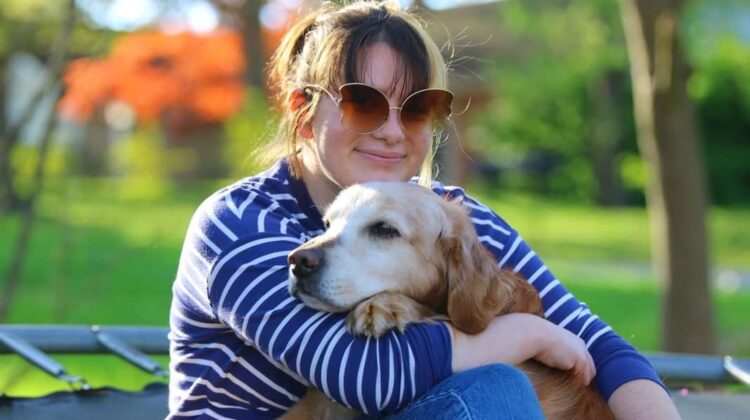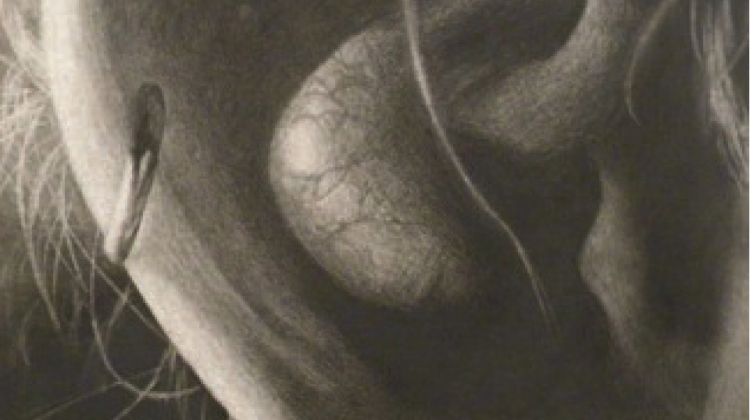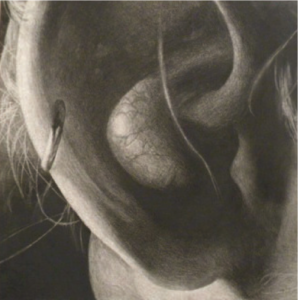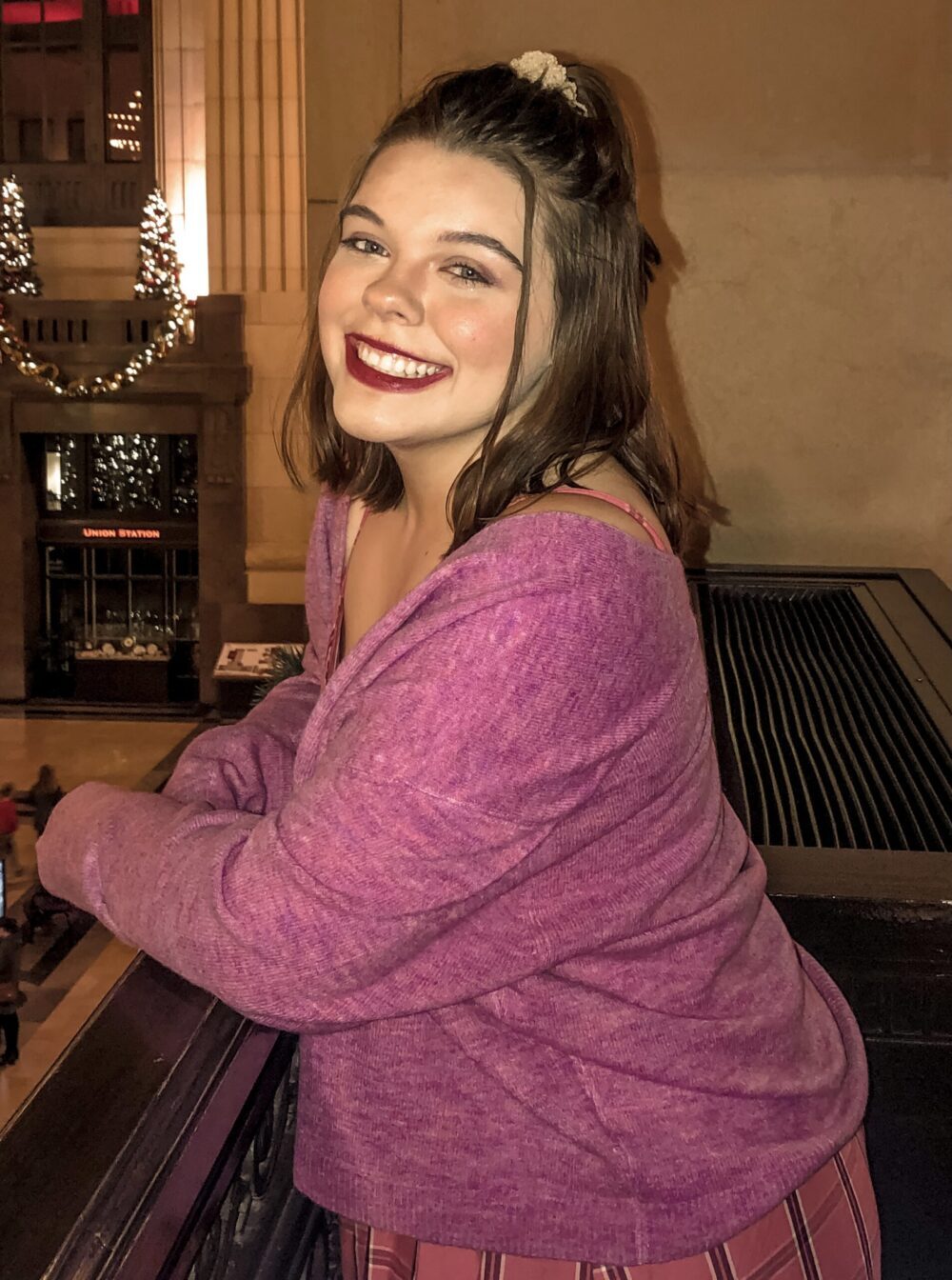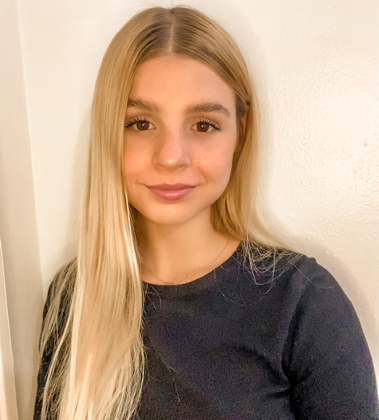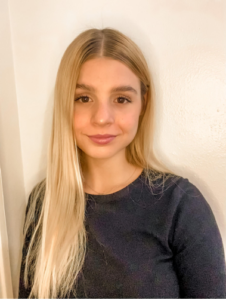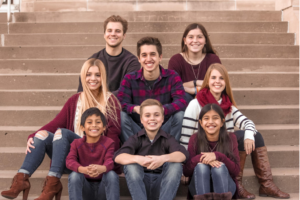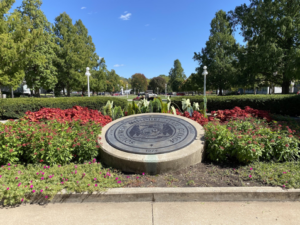
Hello, friends! My name is Diana Dudenhoeffer (pronounced DUDE-IN-HAY-FUR).
I’m entering my senior year at MSU; my major is journalism and my minor is sustainability. I knew I wanted to pursue a career in journalism during my time working as an editor for my high school’s newsmagazine.
Jumping ahead a couple of years, in my junior year of college I held the position of digital editor at The Standard, MSU’s independent, student-led newspaper, where I also hosted the podcast Col.In and aided in the publication’s transition to a primarily online paper. Now I’m the editor-in-chief at The Standard, and big changes are underway!
Raised in the Ozarks, my childhood was full of cicadas and lemonade. I loved exploring the forests and streams near my home with my golden retriever, JJ. Now I spend my time studying, cooking, reading, drawing, and working at a local nonprofit called Friends of the Garden, where I work in social media management, event promotion and audio production.
When I don’t have a paper due at 11:59, I love garage sale-ing, practicing the ukulele, playing video games, reading comic books and watching animated movies and shows. I’m a cancer, an ENTJ, and I’m left-handed! I’m a big fan of the podcast This is Criminal, the webcomic Paranatural, and the video game Skyrim.

